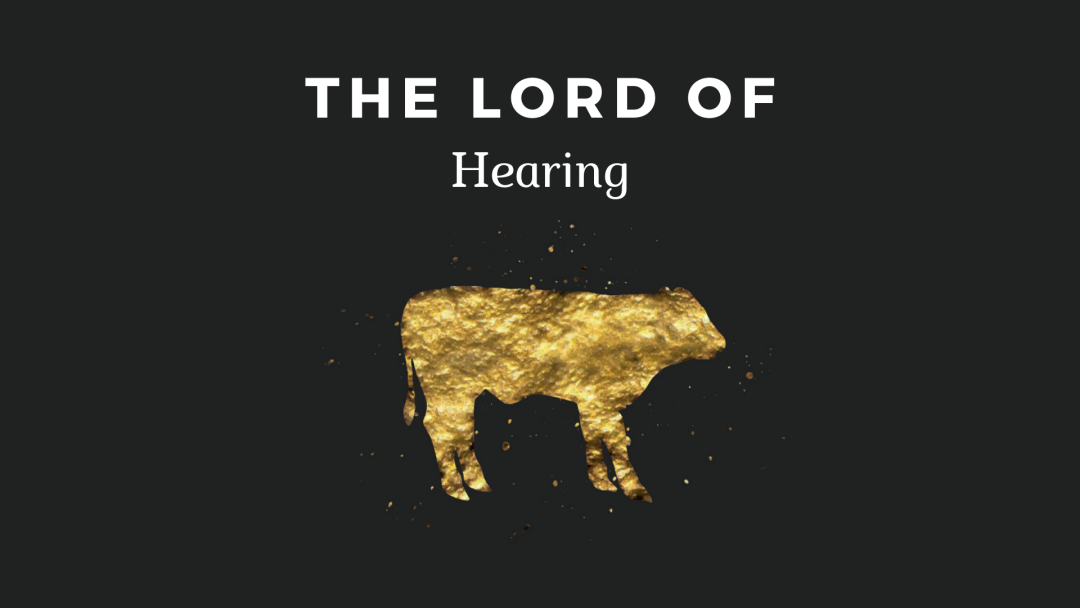
Martin Scorsese is back in the headlines for all sorts of reasons.
His new film, “The Irishman” generated Oscar buzz almost immediately. There’s also his controversial and disparaging comments regarding the marvel franchise, which he said he didn't consider to be real movies. Scorsese is a familiar figure to any avid movie-goer: one of the great auteurs of this generation.
Yet too few Christians are familiar with what I think is his most important work, the 2016 film, “Silence.” Based on the Shusaku Endo novel of the same name, it depicts the story of two 17th century Jesuit priests sent into Japan to find their theological mentor, who is rumored to have abandoned the faith under persecution.
What the priests find is a society intent on stamping out Christianity by appealing to the pastoral sensibility of its leaders. Japanese converts are rounded up by their government and tortured, while the onlooking missionaries are told that if they renounce the beliefs, their congregation will be spared. What follows is a heartbreaking exploration of faith, doubt, persecution, and the perceived silence of God amid suffering. It is a complex film, one that doesn’t offer easy answers to any of the questions it raises. The ending is ambiguous and open to interpretation which has made it unpopular with many Christian audiences. We want movies with neat and tidy answers, where everyone believes the gospel by the time the end credits roll. Silence is not that movie, but it still has something to teach us.
Throughout the film, the protagonist, Father Rodriguez endures the agonizing silence of God. Despite his prayers for divine intervention things go from bad to worse for those he is attempting to serve. Near the end, at his breaking point, he is confronted with more Japanese Christians being tortured. His captors inform him that their suffering will end if he tramples on an image of Christ, a symbolic act of rejecting the gospel.
“If Christ were here he would have acted...” one says.
“No, Christ is here...I just can’t hear him...” Rodriguez responds.
The movie goes on, but I’ve found myself captured by this line. Wondering if something like it was uttered to the people of Israel during their centuries of slavery under Egypt. You can almost hear one of the taskmasters speaking to the Hebrew slaves, “If the God of Abraham, Issac, and Jacob cared he would have acted by now.” No doubt, generations of Israelites wrestled with the silence of God in the midst of their pain. What a profound silence it was, 400 years of slavery is far longer than any of us can wrap our minds around. Even though Israel did not hear from God, Exodus is clear that God heard from them. Yahweh makes this clear during his first encounter with Moses in the burning bush “I have surely seen the affliction of my people who are in egypt, and have heard their cry because of their taskmasters. I know their suffering.”
In the Old Testament, the ability to hear is one of the greatest differences between the God of Israel and the gods of the nations that surround her. The Psalmist describes idols as those, “That have ears but cannot hear” while Elijah taunts the prophets of Baal as they cry out to their false gods, “Cry aloud, for he is a god...perhaps he is asleep and must be awakened.” The contrast could not be starker: Idols do not hear the cries of those who serve them, but Yahweh does. Perhaps this is why the Swiss theologian Karl Barth referred to the Holy Spirit as the “Lord of Hearing.”
It’s an Old Testament truth that we so often need to be reminded of when life gets difficult. This is what we must continually preach to ourselves and to those next to us in church, especially when following Jesus seems to bring more trouble than triumph. We do not serve the mute idols of the nations, tyrants of stone that have mouths but do not speak, and ears that cannot hear.
As the people of the living God, we serve the one who speaks and hears.
Even in the middle of our pain and difficulty, when we cannot hear him, we know that he is faithful and he hears us.
